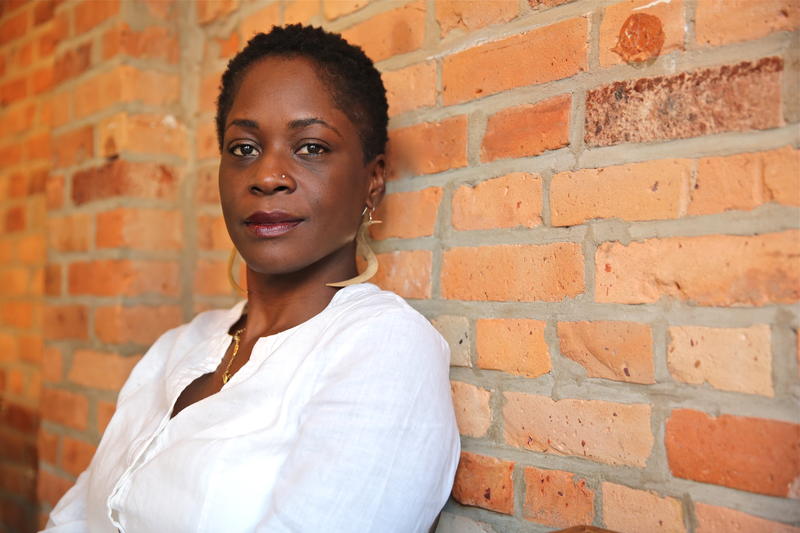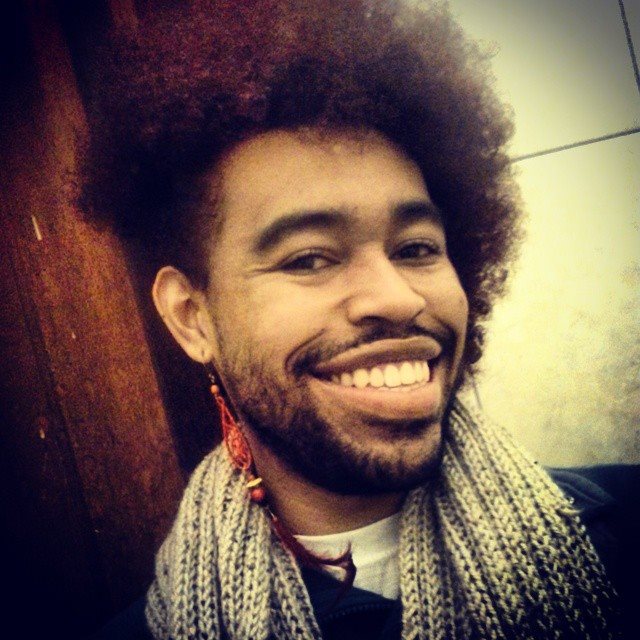I’m Irish but I’m not white. Why is that still a problem as we celebrate the Easter Rising?Posted in Articles, Autobiography, Europe, History, Media Archive on 2016-03-30 01:59Z by Steven |
I’m Irish but I’m not white. Why is that still a problem as we celebrate the Easter Rising?
The Guardian
2016-03-29
With an Irish mother and Nigerian father, I grew up singing Irish rebel songs. But the racism I experienced was not part of the dreams of 1916’s revolutionaries
I grew up singing Irish rebel songs. One of the first ones I learned, which seared an impression on my young mind, was James Connolly. In the haunting ballad the folk musician Christy Moore laments the 1916 execution of Connolly, the Easter Rising revolutionary, and hero of the working man:
Where oh where is our James Connolly?
Where oh where is that gallant man?
He’s gone to organise the union
That working men they might yet be free.
The song outlines the capture of Connolly, a central figure in the 1916 Easter Rising. On Easter Monday, 24 April 1916, Irish republicans desperate to end the British occupation of Ireland mounted an insurrection in Dublin. British forces, with their vastly superior military advantage, quickly crushed the rebels. Nevertheless, these events – the centenary of which was commemorated this weekend – were the catalyst for a long fight for Irish independence that was eventually achieved in 1922…
Read the entire article here.



